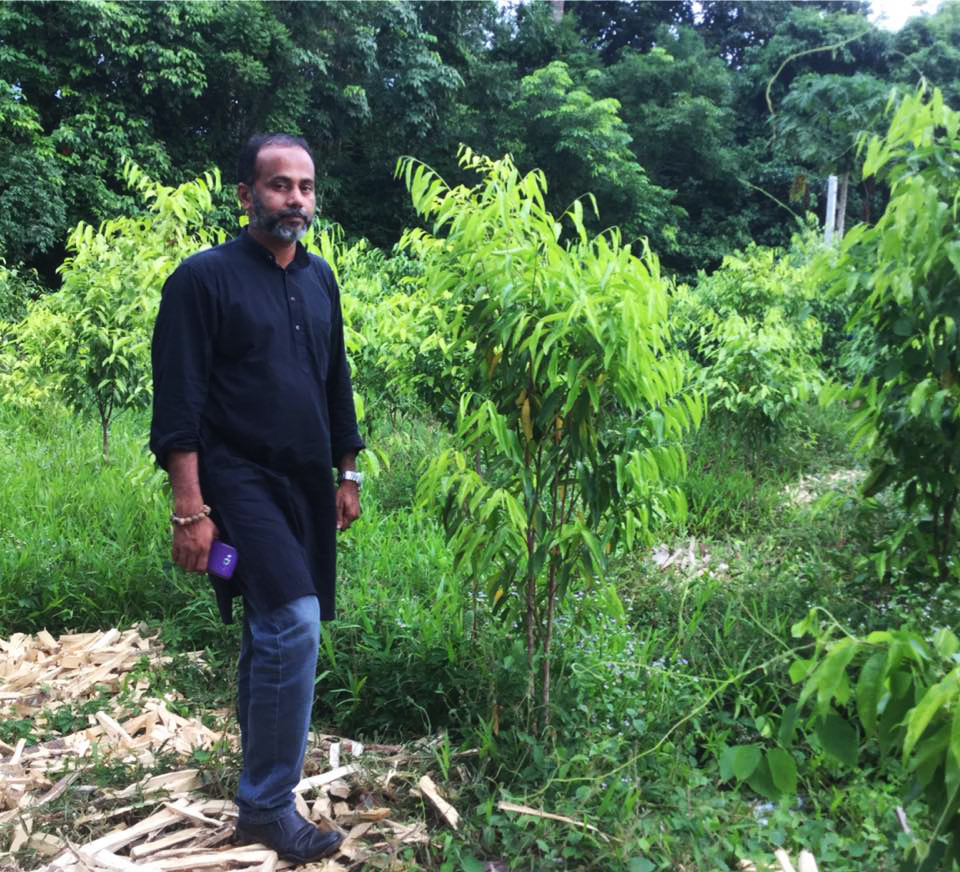
Agarwood is being selected and graded according to the basic specifications / Criteria of Grading system that is being used in the Agarwood business.
Vision and Mission
"Sustainable development through participatory approach"
The primary vision of the company is the global promotion of agarwood. we are dedicated in promoting the cultivation and sustaining the production of agarwood and its various product forms by giving timely and proper support and guidance to farmers around the world. highly sophisticated researches in agarwood are conducted by our scientists to find out the different uses. we are eqquippe with a team of agricultural officers and scholars who support farmers at various stages from its cultivation, procurement, pro-cessing and marketing of finished products. our bio conservation centric participatory approach mission empowers farmers to stand for the con-servation of all natural resources and prepares them for a sustainable production methodology for agarwood. agarwood is the world's most expensive agro-products suitable for cultivation in almost all agro climatic conditions. globally there are two major agarwood consumption regions in north-east Asia such as the markets of Taiwan, japan & the republic of Korea. further the west Asia or the "middle east" which centers on the countries of the Arabian peninsula. it is a wonder in every aspect; low investment and maintenance expense, less labor oriented, high return and potential of vast global market. we, the agarwoods kerala plantations pvt. ltd., humbly began in 2007 as a research based organization for testing the suitability of agarwood cultivation in different agro-climatic zones of India. after analyzing the suitability of each zone, plantation projects for commercial cultivation began. this was don through active participation of development of plantations, processing and marketing of agarwood form etc.
Market & Economics
There are around 80 countries that import agarwood annually but the biggest importers of the commodity are the UAE, Japan, Saudi Arabia and Taiwan.
Production
It has long been known that the production of the fragrant resin is associated with wounding and associated fungal invasion, possibly assisted by insects.